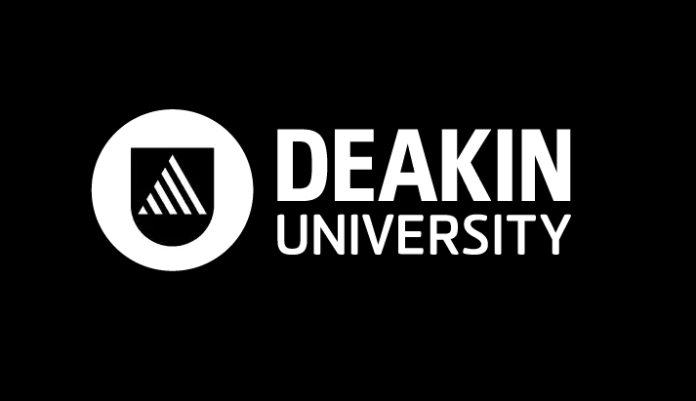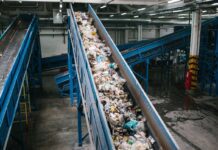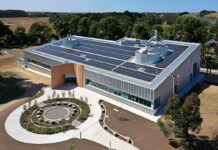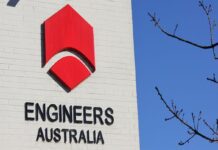
Media Release by Deakin University
Deakin University is helping deliver cleaner, greener batteries thanks to a growing partnership with Li-S Energy, which will see the company significantly expand its production capabilities in Geelong and strengthen industry-led research development.
Deakin Research Innovations Executive Director Ross Mahon said the University had entered into an arrangement enabling Li-S Energy to increase production capacity for lithium sulphur and lithium metal batteries on-site at Deakin’s Geelong Waurn Ponds campus, in a new ManuFutures 3 building.
“This is a cornerstone agreement in the realisation of Deakin’s Recycling and Renewable Energy Commercialisation Hub (REACH), which aims to drive a sustainable manufacturing revolution,” Mr Mahon said.
Deakin has played a significant role in the genesis of Li-S Energy, which began as a joint venture between Ppk Group Limited, BNNT Technology Limited and Deakin in 2019, before launching on the ASX in 2021 to become a multi-million dollar company.
CEO of Li-S Energy Dr LeeFinniear said the company was excited to establish its new facility as part of Deakin’s advanced manufacturing precinct in Geelong.
“It continues to give us access to world class researchers, cements our long-term partnership with Deakin, and will bring additional skilled jobs to regional Victoria,” Dr Finniear said.
The new space will expand production capacity for lithium sulphur batteries to over a thousand cells per week, which translates to in excess of two megawatt hours of production capacity each year. It also has several adjoining research labs to ensure close and ongoing cooperation between research and production teams.
Dr Finniear said that with today’s focus on renewable energy, there was an increasing demand for more energy dense, lighter and environmentally friendly batteries, with a longer life-cycle.
“Our work with Deakin enables us to test and develop our current technology to deliver an even better battery,” he said.
These batteries could be used in electric transport, including electric buses and unmanned aircraft, as well as for large-scale energy storage. They are more energy dense which means they can store more energy per kilogram of battery, so are ideal for mobility applications.
Deakin’s work with Li-S Energy also forms part of important battery research and development happening at the University’s rapidly expanding BatTRI-Hub.
BatTRI-Hub Director Professor Patrick Howlett said the Li-S Energy partnership highlighted the Hub’s important work to provide world-leading research expertise, while also supporting local industry with the testing and manufacture of battery technology.
“Li-S Energy will benefit from our team’s extensive expertise in battery development and, in particular, our experience with lithium metal batteries,” Professor Howlett said.
“Our goal is to use our expertise to work with partners to translate Australian battery technology from proof-of-concept, to prototype, to production-level energy-storage products.”
Li-S Energy is one of many specalised companies BatTRI-Hub will partner with as it establishes a new $9.5 million facility at Deakin’s Melbourne Burwood campus, due for completion in May this year.
The expansion project, which includes a $5.2 million contribution from the Victorian Government via the Victorian Higher Education State Investment Fund (VHESIF), involves upgrading the current BatTRI-Hub facility to include a testing lab and pilot production line to research and manufacture advanced lithium and sodium batteries.
To learn more about BatTRI-Hub or discuss partnership opportunities visit: https://www.deakin.edu.au/research/research-partnerships/battri-hub
Image Credit: https://www.deakin.edu.au



















